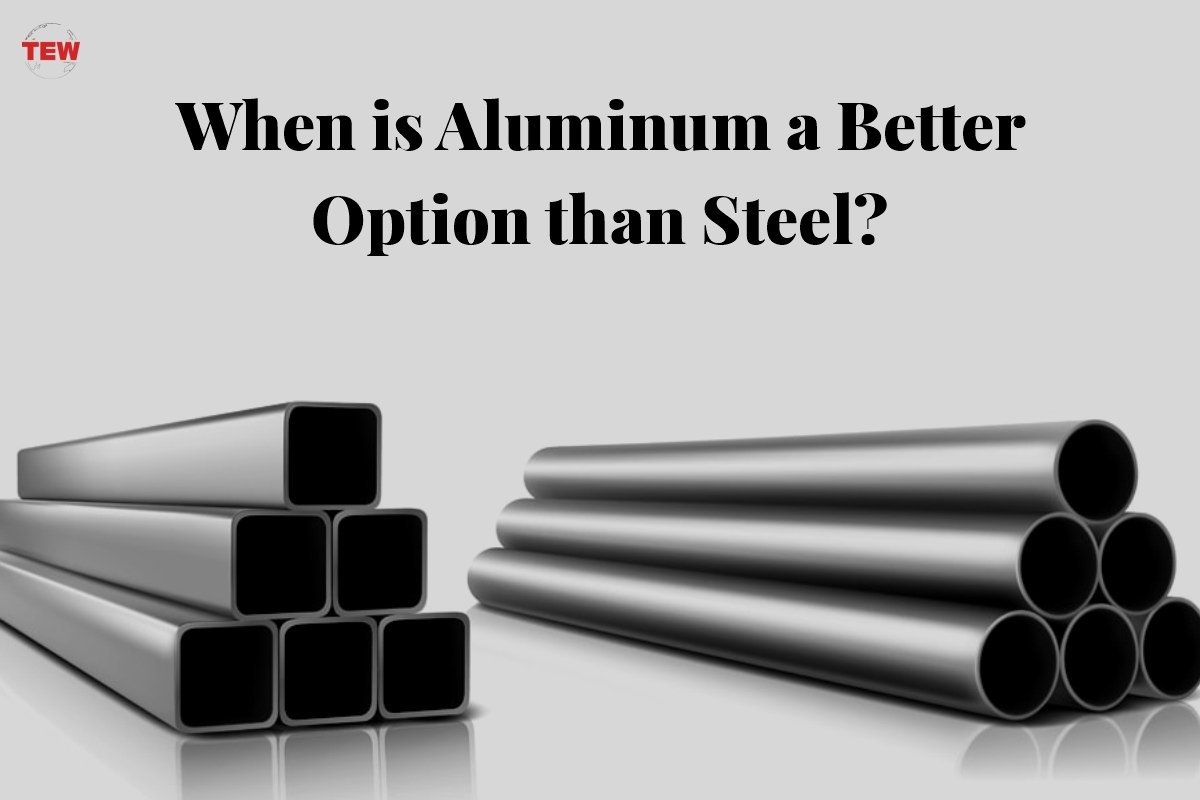Steel is significantly stronger and sturdier than aluminum alloys, but that does not necessarily mean that the former is always a better option. Both have their pros and cons, but aluminum needs more attention than it currently receives. The world’s most abundant metal has the potential to help alleviate several industrial and environmental problems on greater adoption. Keep in mind that this is not to say aluminum alloys are always a better fit than steel, since it varies with the use case scenario. The idea behind this post is to help readers recognize when and why aluminum can indeed be a better choice for the work ahead.
1. When Cost-Effectiveness is Important
Being the most abundant metal on planet earth, aluminum alloys are always cheaper to manufacture, as well as to buy. You will find aluminum for sale online at a discounted price if you are buying directly from the manufacturer or a metal service center. Note that the cheaper cost is a result of easy availability and not inferior quality.
2. When Weight is a Factor
Carbon steel is significantly heavier and denser than any aluminum alloy, but this weight becomes a problem when the product in question must meet a maximum weight limit. Aluminum is roughly three times lighter than carbon steel, so it has a higher weight to strength ratio than steel.
Therefore, when weight limits are a factor, aluminum is not just a cheaper option than steel; it can potentially be a sturdier option as well. Aluminum boats are a common sight nowadays because they bring the reliability of metal to seafaring, without the sinking density of steel.
3. When Malleability is Essential
Shaping steel into complex shapes is difficult, time-consuming, and expensive. Aluminum, on the other hand, is a highly malleable metal which is much easier and less expensive to extrude and roll as required. Aluminum on its own is too malleable, so alloying is necessary to make the metal sturdy enough for usage. However, even the strongest aluminum alloy is more moldable and cost-effective than steel.
4. When High Thermal Conductivity is Necessary
Aluminum is an excellent conductor of heat, which makes it the perfect metal to use while manufacturing heatsinks of any kind. Steel is not even a consideration if the use in question is heatsink production, but that’s not the only product which takes advantage of aluminum’s heat conductivity. Most electronic products that require effective heat dissipation will benefit from an aluminum body rather than a steel construction. Smartphones and laptops are two good examples of consumer electronics that use aluminum bodies for easier and better heat dissipation.
As previously mentioned, aluminum alloys do have some serious advantages over steel. However, it doesn’t make one better than the other in any way. It’s all about knowing when to use what for the best possible result. Even aluminum alloys are separated into different grades, and you must be aware of what they mean. For example, copper-based 2xxx grade wrought aluminum alloys are known for having high strength and very poor corrosion resistance, which makes them unusable for manufacturing boats. At the same time, 5xxx grade wrought aluminum alloys are perfect for manufacturing boats due to their impressive maritime corrosion resistance properties.




